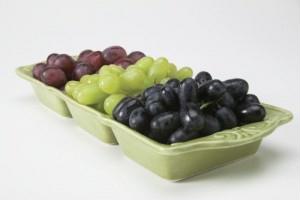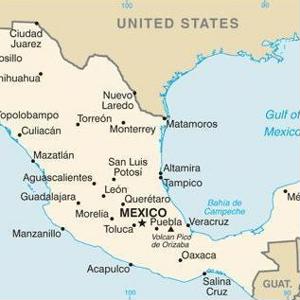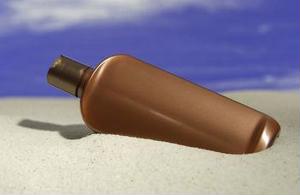
The first time people heard that taking a bath in mud could help exfoliate the skin, many thought that it was insane. After a few years though, people began paying hundreds of dollars for mud treatments and even buying soaps made out of it. Now, according to MSNBC, there may be an even stranger skin care product on the market - snail slime.
Although still not very popular in the U.S., products containing the guts and slime of snails have been regularly sold in South America and South Korea. Apparently this has been going on since the mid 90's, when people began to notice that handling snails was helping their skin feel softer. MSNBC reports that snails' secretions may protect against UV rays and eliminate dead skin cells.
The PBS program NOVA reported on this subject and claimed that the slime works by being a yield-stress fluid. Meaning that depending on how much pressure is put on it it can act as a liquid or a solid such as glue.
Notready to have a beauty routine that includes slime? That's fine, ethnic women looking to exfoliate and protect their skin against UV rays can use African American skin care products that are already on the market with added SPF and no snail extract.









